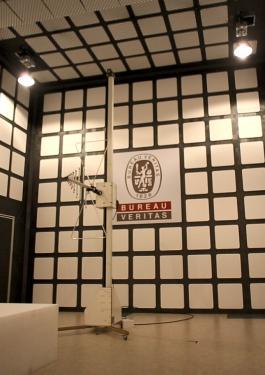EXPLOSIVE PROTECTIVE EQUIPMENT
WORK WITH CONFIDENCE
Explosion protection equipment is designed to prevent the ignition of hazardous substances in various manufacturing settings. These explosion-proof products need to withstand internal eruptions and must be certified to meet international regional standards.
Industries like oil and gas, marine, manufacturing, pharmaceuticals, mining, and food processing often require testing and certification of equipment for use in explosive environments. Historically, the oil and gas industry has been the main driver of this market. However, with the advancement of automation and new manufacturing methods, significant growth is anticipated over the next 3-5 years.
Electrical products that need protection against explosions include cable glands, junction boxes, enclosures, signaling devices, switchgear, HVAC, conduits, flexible couplings, unions, as well as systems like lifting and material handling, lighting, automation, surveillance, and monitoring.
OUR APPROACH TO EXPLOSION PROTECTIVE EQUIPMENT TESTING
Bureau Veritas is acknowledged by the European Commission as a notified body (identification number 0081) for all modules of the ATEX testing directive. This allows us to examine electrical and mechanical equipment, protective systems, components, safety devices, controlling devices, and regulating devices.
We are also approved by the French accreditation committee COFRAC’s Laboratory Section (test sector) for testing equipment to be used in potentially explosive environments and atmospheres, covering various aspects such as:
- Skids and assemblies
- Control and safety devices
- Rotating machines
- Transformers
- Telecommunications
- Control and signalling
- Electrical connections
- Heating
We provide support for IECEX testing, ATEX certification, IECEX certification, and certification of explosion protective equipment.
Bureau Veritas CPS in France has developed methods to meet the specific requirements of explosion-proof testing, as outlined in standards DO 160 and/or MIL STD 810.
These tests consider factors like the quality of the mixture, verification procedures, testing temperature, and altitude. The tests are conducted in a secure bunker with a remote control station secured by glass and adapted raceways.

